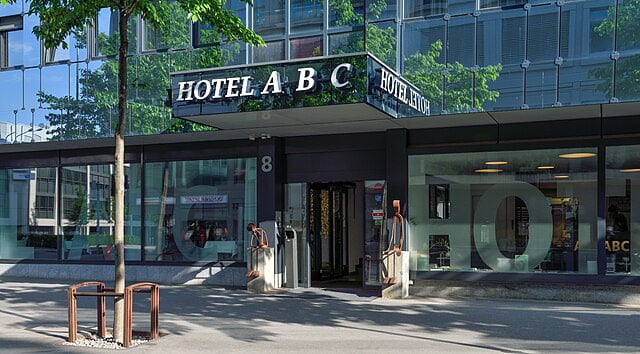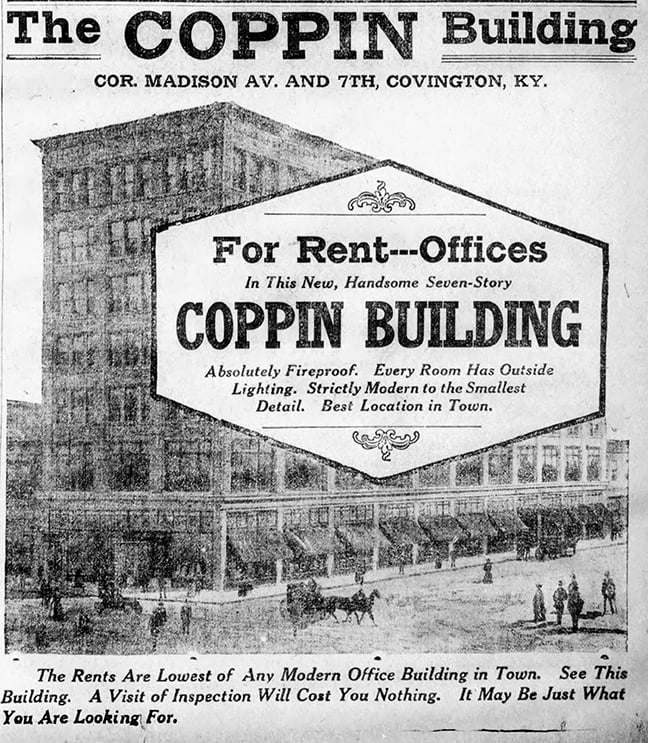Lithium-ion batteries (LIBs) are found in many popular consumer products and are under a lot of scrutiny for public safety and in the commercial insurance industry due to several deaths and fires that they have caused. With the holidays upon us, many local fire departments and safety experts are sounding the alarm this Christmas season.
Lithium-ion batteries provide power for several types of everyday products from e-bikes, scooters, toys, toothbrushes, cell phones, laptops, tools and equipment; and they offer several advantages over other types of batteries, including rechargeability and versatility. However, using LIBs also comes with risks; they have the potential to cause fires or explosions, and they contain harmful chemicals. Additionally, LIBs are vulnerable to supply chain disruptions, which may cause operational delays for your business.
The Underwriters Laboratory Fire Safety Research Institute just launched a video public service announcement about the risk of fires from LIBs in popular electronic toys and devices, showing fires and explosions in their test labs.
These fires are not slow burning fires, they are explosions that can often cause fires to quickly grow out of control. LIBs are generally safe and unlikely to fail, but only so long as there are no defects, and the batteries are not damaged or mistreated. But a combination of manufacturer issues, misuse and aging batteries can heighten the risk from the batteries, which use flammable materials.
 Keven Moore works in risk management services. He has a bachelor’s degree from the University of Kentucky, a master’s from Eastern Kentucky University and 25-plus years of experience in the safety and insurance profession. He is also an expert witness. He lives in Lexington with his family and works out of both Lexington and Northern Kentucky. Keven can be reached at kmoore@higusa.com
Keven Moore works in risk management services. He has a bachelor’s degree from the University of Kentucky, a master’s from Eastern Kentucky University and 25-plus years of experience in the safety and insurance profession. He is also an expert witness. He lives in Lexington with his family and works out of both Lexington and Northern Kentucky. Keven can be reached at kmoore@higusa.comUL Solutions says there have been 445 LIBs fires this year nationwide, 214 injuries, and 38 deaths. They say the toxic smoke cuts a fire’s usual three-minute escape time to less than one minute.
LIBs have several properties that make them different from other types of batteries. For example, their energy density and voltage capacity outpace lead-acid batteries, nickel-metal hydride batteries, and nickel-cadmium batteries. They are also relatively lightweight, versatile in what they can power, long-lasting, low-maintenance, resistant to self-discharge, and capable of being recharged quickly. These attributes make them an attractive power source for many of the technologies businesses regularly use.
The use of LIBs in use in passenger vehicles has also been increasing, and these EV vehicles fires are starting to receive a lot of attention recently, as more EV vehicle fires have increase with the increase in consumers purchasing them.
Some businesses turn to LIBs for emergency power backup or to store solar energy. With technology continuing to advance and with some businesses seeking ways to move away from fossil fuels, the use of LIBs is likely to continue to increase.
Although LIBs offer many benefits, they also present risks to businesses.
Fires, explosions and toxic fumes -— Due to the flammable electrolyte fluid used in LIBs — these batteries are prone to creating dangerous fires. Through a process known as thermal runaway, an LIB can create more heat than it can disperse. This can result in a rapid release of heat, leading to fires or explosions with the ejection of flammable and toxic gasses. Additionally, since LIB fires generate their own oxygen, they can be difficult to extinguish through traditional fire suppression systems, and the released fumes can be harmful to employees, customers and others in the area.
Environmental harm — Businesses are increasingly conscious of their environmental impact for various reasons, including stakeholder expectations, regulatory compliance and maintaining a positive environmental reputation. LIBs require minerals from two sources: open-pit mining and brine extraction. Both processes have negative environmental impacts, such as soil and water contamination with heavy metals, erosion, air and water pollution, and greenhouse gas emissions during manufacturing. If not disposed of properly, LIBs can also pose a fire hazard and cause toxic metal leakage in landfills.
• Supply chain disruptions and labor concerns — Businesses that rely on LIBs may be vulnerable to supply chain disruptions. For example, the processing of cobalt, nickel and lithium needed for LIBs is concentrated in areas that are geopolitical rivals to the United States. Additionally, several key areas have unstable regulations, which can result in the revocation of production contracts. Many jurisdictions that play an integral role in the supply chain have also been alleged to violate human and labor rights.
With the dangers LIBs present, businesses must take steps to reduce their risks. Actions to consider include:
• Reference appropriate test standards. LIBs, chargers and related equipment should be tested in accordance with an appropriate test standard, certified by a nationally recognized testing laboratory (when applicable) and rated for their intended uses.
• Follow the manufacturer’s instructions. Businesses should adhere to the manufacturer’s instructions for proper use and maintenance. Replacement LIBs or chargers should only be purchased from the manufacturer or a manufacturer-approved reseller.
Train employees on LIB use and safety. Businesses should educate employees on the risks of LIBs, their proper use, safety action plans, and how to properly extinguish LIB fires and contain LIB leaks.
• Inspect LIBs before use. Damage to LIBs can increase their fire risk. They should be checked for signs of damage, including bulging, cracking, leaking, hissing, smoking and a rising temperature. If any of these issues are detected, the battery should be removed from service and properly disposed of.
• Properly charge the battery. LIBs should not be charged on soft or combustible surfaces and should be removed from the charger once fully charged to prevent overheating. It is also essential to ensure the correct charger is used. Batteries should only be charged during working hours.
• Safely store LIBs. LIBs should be stored in cool, dry, well-ventilated locations and in accordance with the manufacturer’s instructions. LIBs should not be subjected to extreme temperatures. Specialized storage cabinets may be available.
• Plan supply chain contingencies. Businesses should have strategies ready in the event of a supply chain disruption. They should work with suppliers who produce LIBs in an environmentally friendly environment that adheres to labor and human rights regulations.
Lithium-ion batteries (LIBs) offer several advantages over other types of batteries, such as rechargeability, versatility, and high energy density. However, they also pose several risks, including injuries, property damage, and supply chain disruptions, which can have negative financial and reputational impacts. Therefore, it is essential for employers and consumers to understand these risks and take appropriate mitigation steps to ensure the safety of their employees, the protection of their property, and the uninterrupted operation of their company.
Be Safe My Friends





















